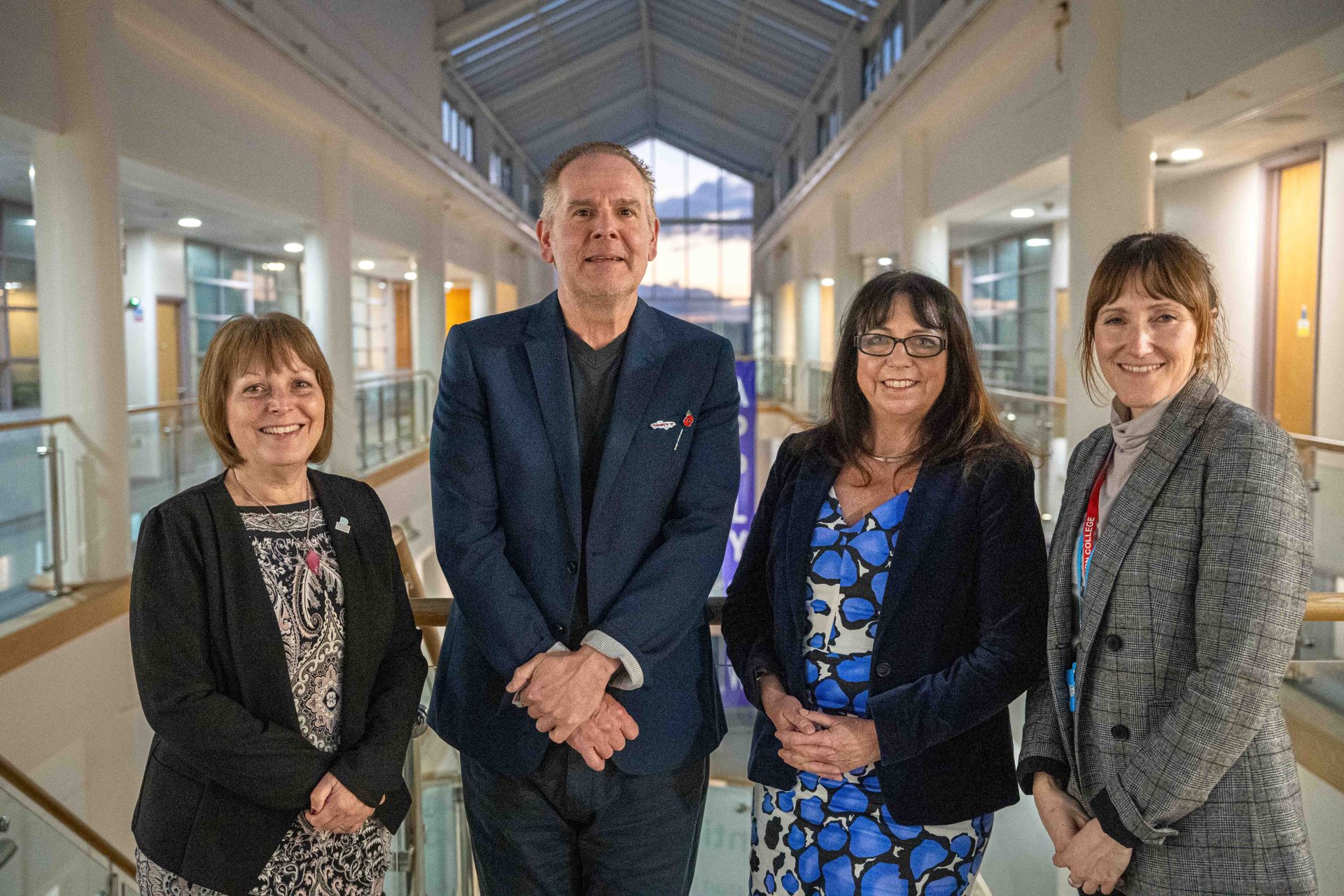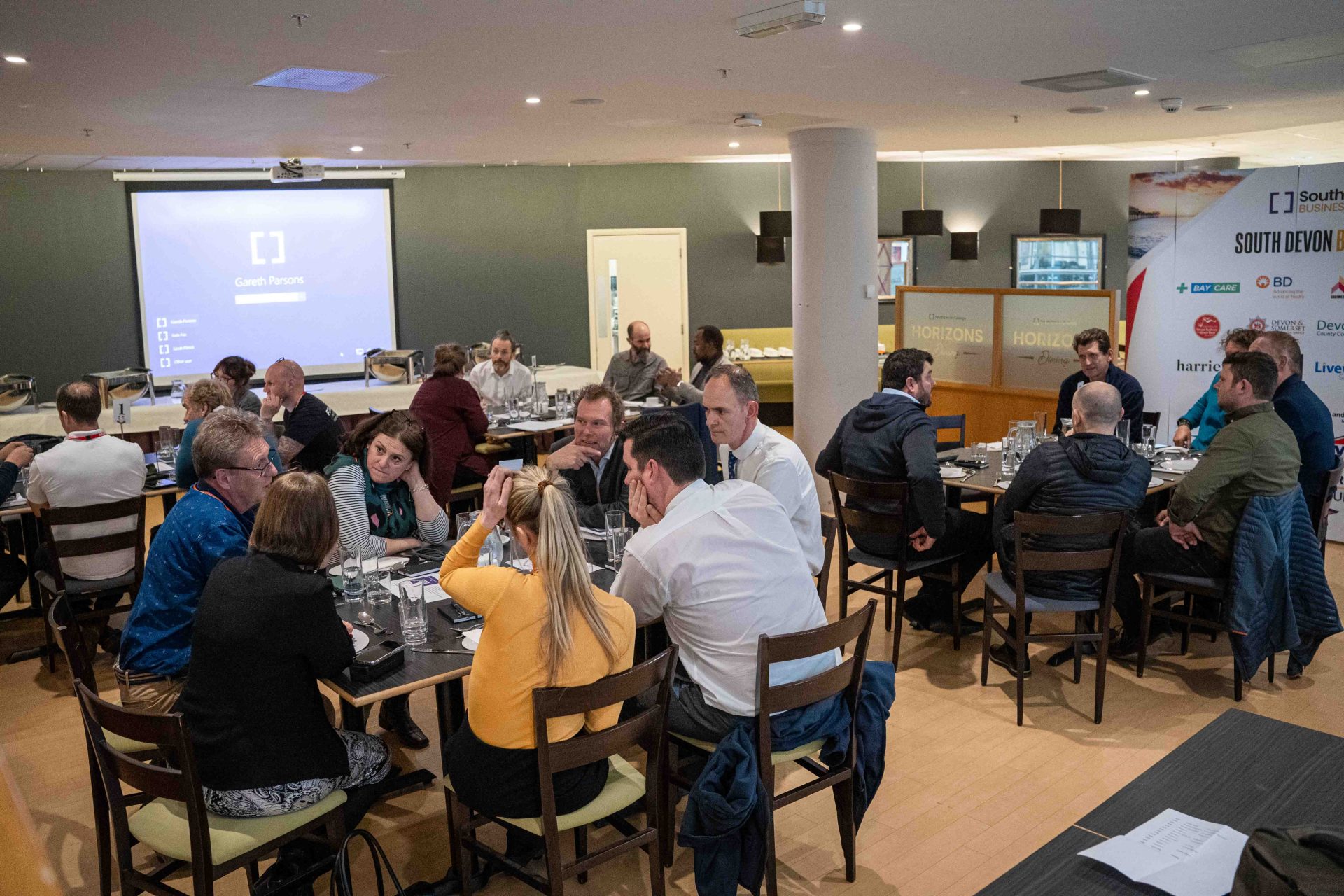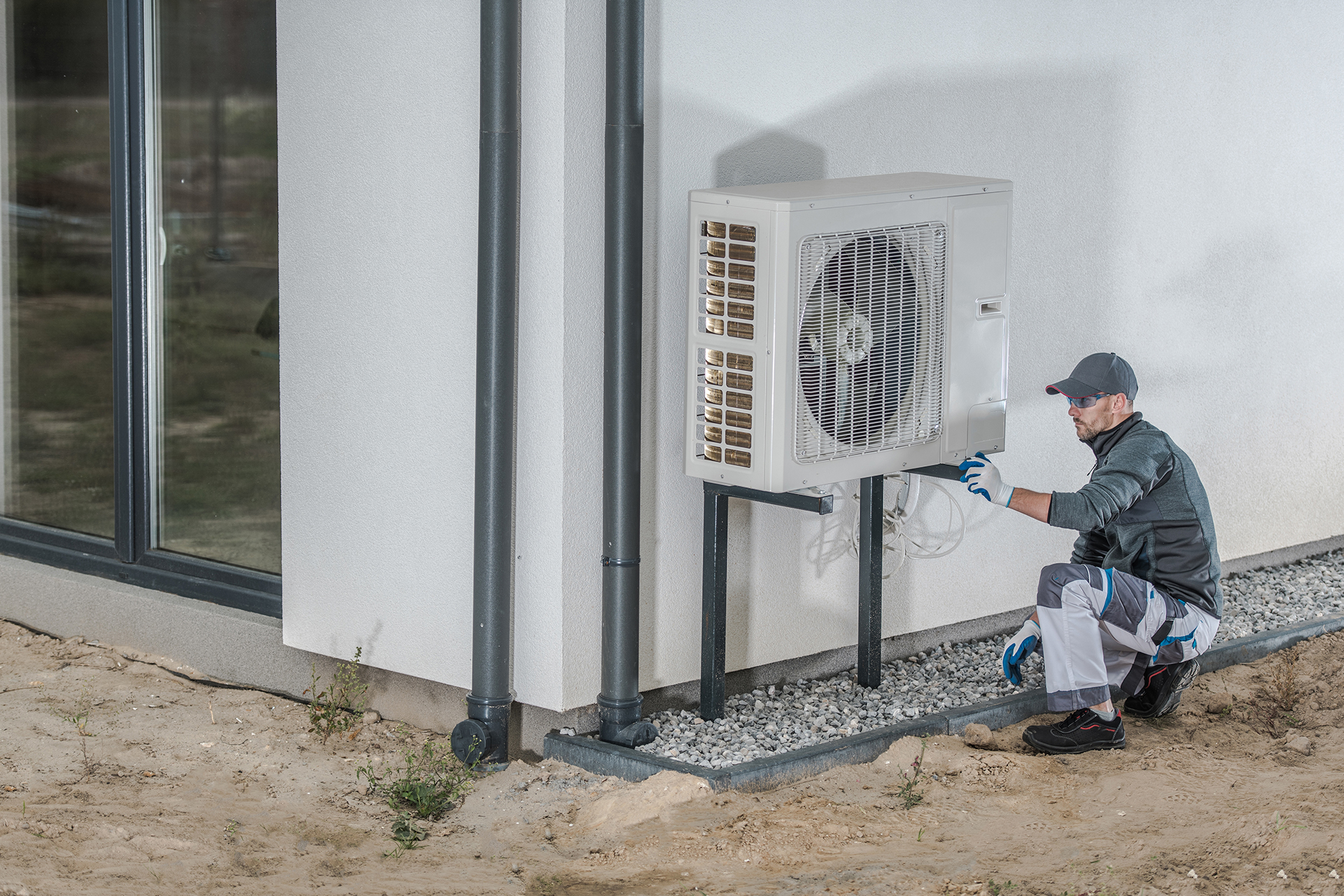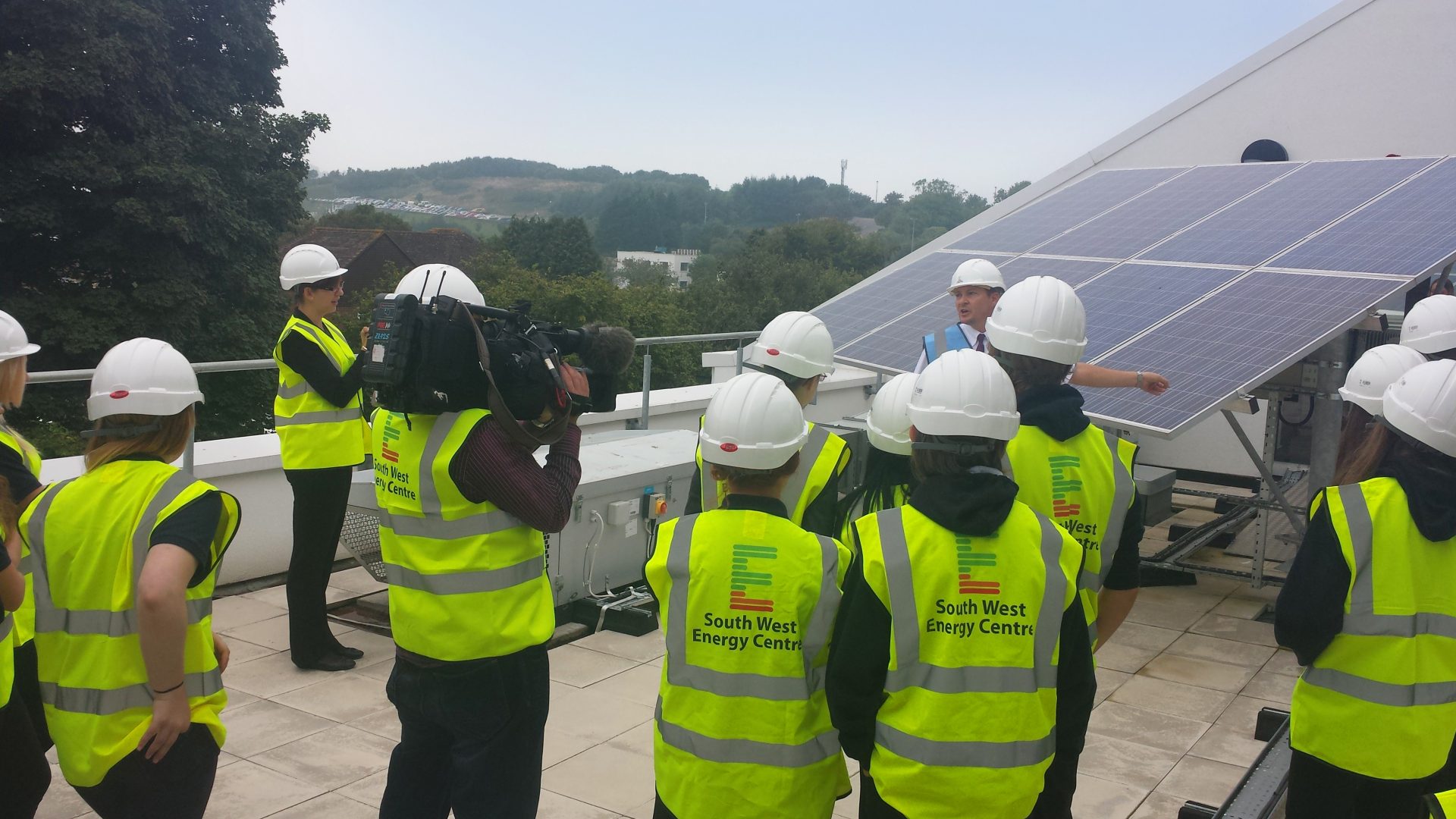27th February 2023
Construction has a huge part to play in helping Torbay reach Net Zero by 2030, but we must act now to train our workforce
South Devon College, in partnership with Build Torbay (a TDA initiative) was delighted to host an evening for local employers and businesses within the construction sector in February to get a clear picture of the skills, training and development needed to support the local construction sector in designing and building more energy efficient buildings.


This was one of a series of employer engagement events designed to contribute to the Local Skills Improvement Plan, which aims to work with employers and education providers to produce a skilled workforce better matched to the needs of business.
Speaking at the event, Helen Hart, LSIP Project Executive at Devon & Plymouth Chamber, explained that LSIPs are different to previous skills plans in that they give employers a clear and strengthened role in shaping local skills provision.
In the opening keynote, Helen explained:
“Skills needs are led by employers, making sure that what you’re wanting now and in the future is represented by what colleges across the South West are offering.
“Employer representative bodies – led by accredited Chambers of Commerce – have bigger buy-in when lobbying in Westminster and benefit from a full picture of what’s needed across the region. We have gathered so much labour market intelligence and wider data and we now have an opportunity to turn this into something tangible.”
Helen explained that green skills along with digital skills are key players in this activity, underpinning multiple sectors, but also stated the importance of construction as one of the key sector focuses in the South West. The Devon & Somerset Local Skills Improvement Plan is currently in its consultation period before forming proposals for government review.
“In July, we enter the implementation phase, working closely with providers who have gained the backing of the government to start to make a difference”, Helen added.
Next, delegates heard from Jacqui Warren, Climate Emergency Officer at Torbay Council:
“Over the last 20 years there has been a global consensus on global climate change: it’s happening.”
In 2019, an amendment was made to the 2008 Climate Change Act introducing a target to achieve net zero greenhouse gas emissions by 2050. In 2020, The Ten Point Plan for Green Industrial Revolution included a goal of a 50% direct carbon emissions reduction in public sector emissions by 2032 on 2017 levels.
In discussion with delegates, Jacqui said:
“The construction sector has a huge potential role to play in helping the UK to become Net Zero.
There are massive opportunities around how businesses can start to decarbonise both the design of buildings but also looking at the kinds of materials we use to build infrastructure.”
So, what is the opportunity for the sector in Torbay? According to Torbay Council, it is estimated that we will need to be completing 1500 PV installs, 4000 loft insulations, 1500 cavity walls insulated, 5000 heat pumps installed in homes and buildings, public electric vehicle charging points across Torbay and technical services fit to support all of this new technology, annually by 2030.

Jacqui explained: “We can break down where our emissions come from in Torbay into three key parts: our homes and buildings, our transport and our businesses. In Torbay quite a large amount of our carbon comes from our homes and buildings.
“Construction has a huge role to play in helping our residents and businesses to get emissions down and there are loads of opportunities for young people in helping Torbay become carbon neutral by 2030. There will be lots of new jobs in exciting things like heat pump installation and installing renewable energy as we switch from gas boilers; it’s a whole new technology.”
The scale of this opportunity for local people to enter into this exciting emerging sector is significant, with thousands of skilled and well paid careers, but there is some way to go in developing the skills needed to drive the changes in building design, construction and retrofitting. Tim Holbrook, Training Manager at Nakd Solar, PV and solar installers, knows this all too well. In discussions at the event, Tim outlined his challenges:
“Our biggest challenge is around recruitment at all levels; installers putting panels on roofs and electricians. In recent years the construction industry has been so busy that there have not been people available to shift into the renewable sector. It’s the people with the technical skills that we’ve really struggled to find.

“This is one of the fastest growing areas of construction. There are many areas of the country, like Torbay that are aiming to become carbon neutral in the next 10 years. The targets that have been set allow for a lot of new people to get into the industry, but we need to point those people in the right direction for training and employment.”
Addressing delegates at the event, Helena Davison set the local scene:
“Torbay is a naturally inspiring place to live, but we do face economic challenges. Weekly pay 12.8% below UK average.
“If we want to give young people the opportunity to stay in the Bay, we need to promote the well-paid and rewarding career opportunities. Construction skills are in high-demand – the Construction Industry Training Board’s Labour Market Intelligence Report estimates 42,000 extra skilled workers are needed in the south west by 2026.
On the subject of the huge investments in local facilities and infrastructure in Torbay, totalling £300m in regeneration, Helena commented:
“By promoting construction careers to local young people, we aim to help build a circular economy whereby local residents and businesses benefit from public spend. Taking up well paid construction careers enables people to build their own aspirational leisure and lifestyle and stay in the Bay.
“Young people are interested in careers that make a contribution to reach Net Zero. We need to know where to direct young people who are interested in pursuing these careers.”
Delegates were asked over the course of round table discussions to state their preference for priority green skills training provision over the next 12 months. The team at South Devon College is now developing curriculum around PV and low carbon heating at FE level as a direct response to employer feedback. It’s not too late to influence this planning process, just get in touch with our Business Solutions team.
Over the next five years, the continued development of specialist training programmes to address the current and future skills needs of this important sector will be vital in meeting Net Zero goals. Curriculum development is likely to start with the introduction of relevant apprenticeships into the curriculum and will develop into specialist and bespoke programmes designed and delivered in collaboration with local employers, from entry level right up to modular degree programmes and higher apprenticeships.
Further Employer Liaison events are planned in Marine and Automotive, Health and Care and more. Visit southdevon.ac.uk/events to register your interest.
To have your say now on green skills in construction, email [email protected].






